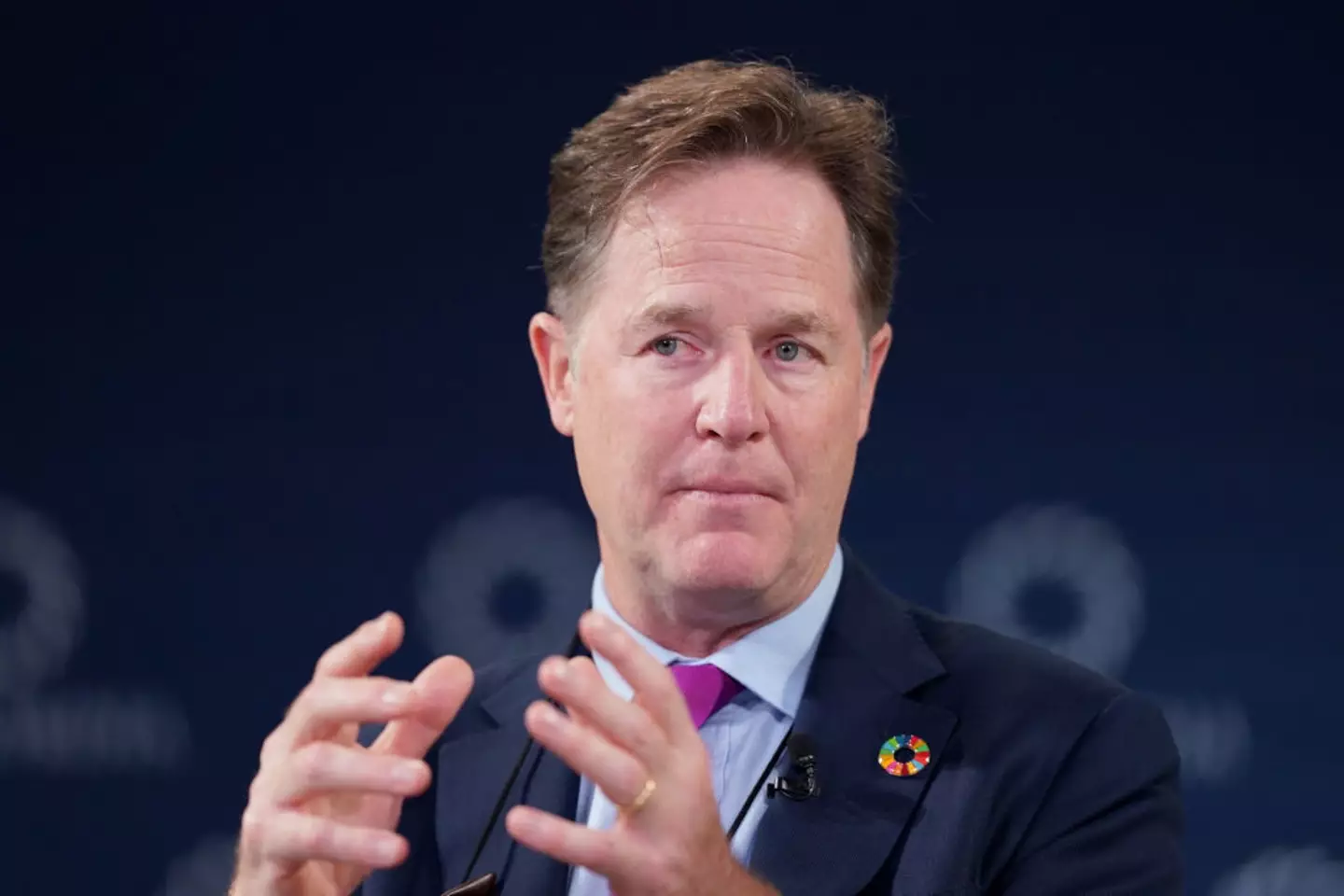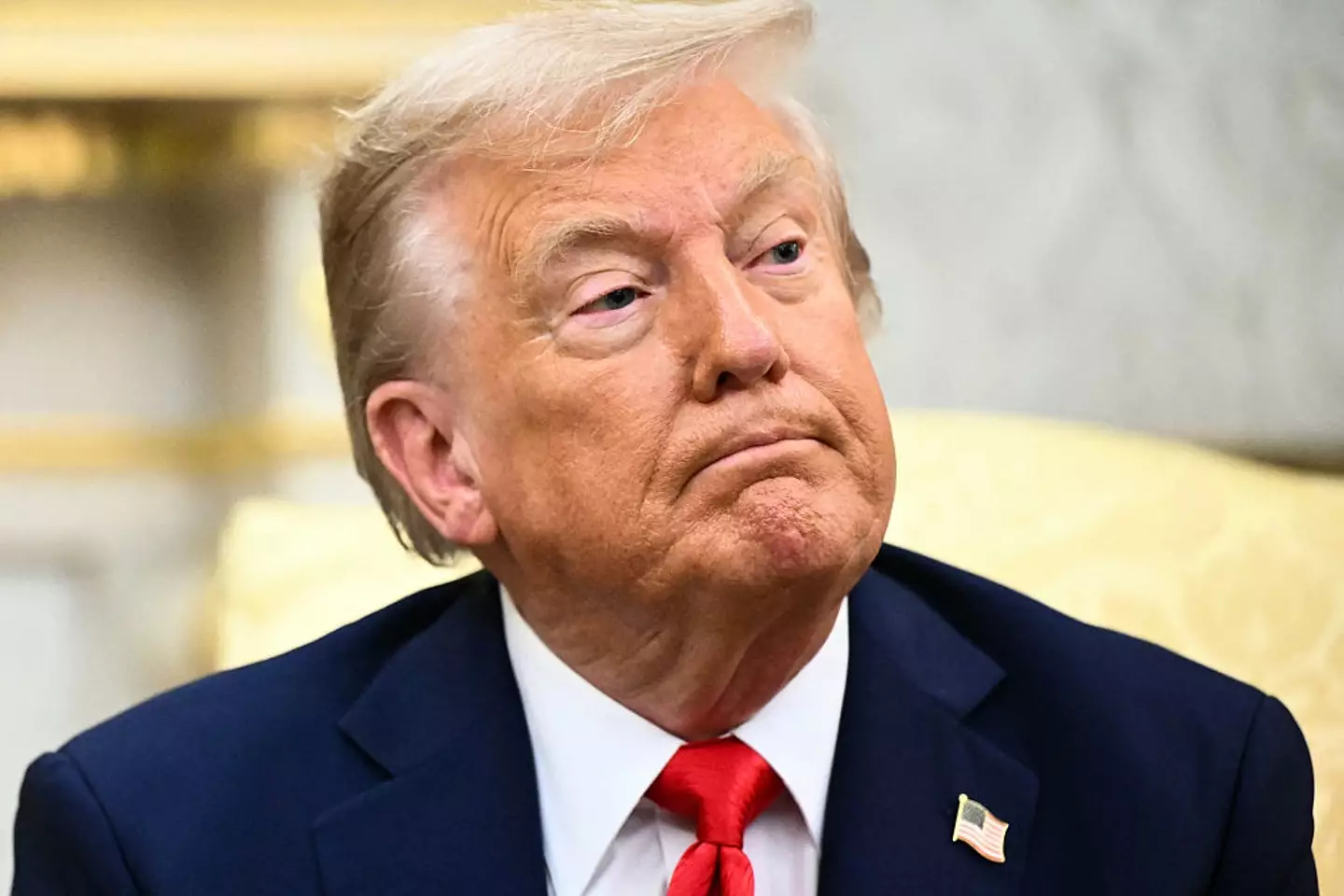
A former Meta executive who helped ban Donald Trump on Facebook says the controversial decision continues to torment him years later.
Most people have decisions that keep them tossing and turning at night, but most probably don’t involve banning a President of the United States from one of the world's biggest social platforms.
Ex-British deputy PM Nick Clegg spent seven years as Meta's chief political troubleshooter.
Now, he admits that suspending Donald Trump in January 2021 over Capitol riot-related posts was a 'very, very uncomfortable' decision.
Advert

“I found that really weighed on me very heavily and still does,” Clegg told The Guardian
“On the one hand, I felt very clearly that the content rules of the company had been violated and, on the other hand […] it’s an unelected private company making a decision that affects the public realm. And he was the outgoing president of the world’s most powerful democracy.”
Meta CEO Mark Zuckerberg pulled the trigger on Trump's suspension after January 6, 2021, saying the risk of letting him keep posting was 'simply too great.'
Advert
However, what started as a temporary ban during the presidential transition ultimately lasted for two full years.
The POTUS got his Facebook and Instagram accounts back in 2023, with Clegg arguing that voters deserve to “hear what their politicians are saying — the good, the bad and the ugly.”

Zuckerberg later defended the reversal as being about free speech, though he admitted the original ban was basically crisis management during crazy times.
In his interview with the Guardian, Clegg defended banning Trump in 2021 as necessary under Meta’s policies.
Advert
“In the end, in a democracy you want democratically accountable figures to thrash it out,” the 58-year-old said.
Clegg joined Facebook in 2018 after losing his seat in the House of Commons and cashed out nearly $19 million in stock during his Meta tenure.
“I was paid extremely well. I feel extremely fortunate,” Clegg admitted.
He also took aim at his former boss Zuckerberg’s comments about wanting more 'masculine energy,' to which Clegg responded: “When I think about all the problems of society, I don’t think the one thing we need is more masculinity.”
Advert
Moreover, the retired politician fired shots at what he calls the 'deeply unattractive combination of machismo and self-pity' among tech bros like Elon Musk.
Despite all his criticism, however, Clegg still believes social media has done more good than harm, pointing to the billions of people in developing countries who have gained a voice.
That said, in his new book 'How to Save the Internet,' he's sounding the alarm about how AI concentrates even more power in the hands of tech giants, eventually leading to 'pitchfork fury' from the public.
“If big tech push their luck, they risk being nationalised,” he foreshadowed.
Advert
“When power gets concentrated in so few hands for such extensive social impact — way bigger than social media […] I don’t think these companies will continue to have social permission to operate.”